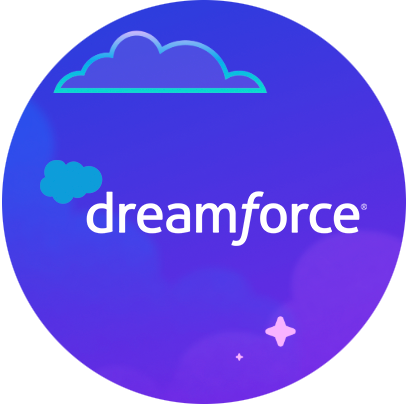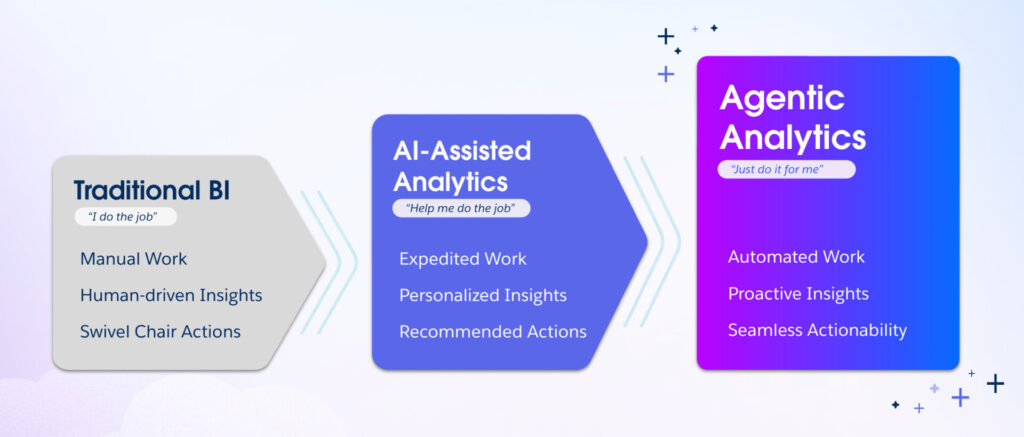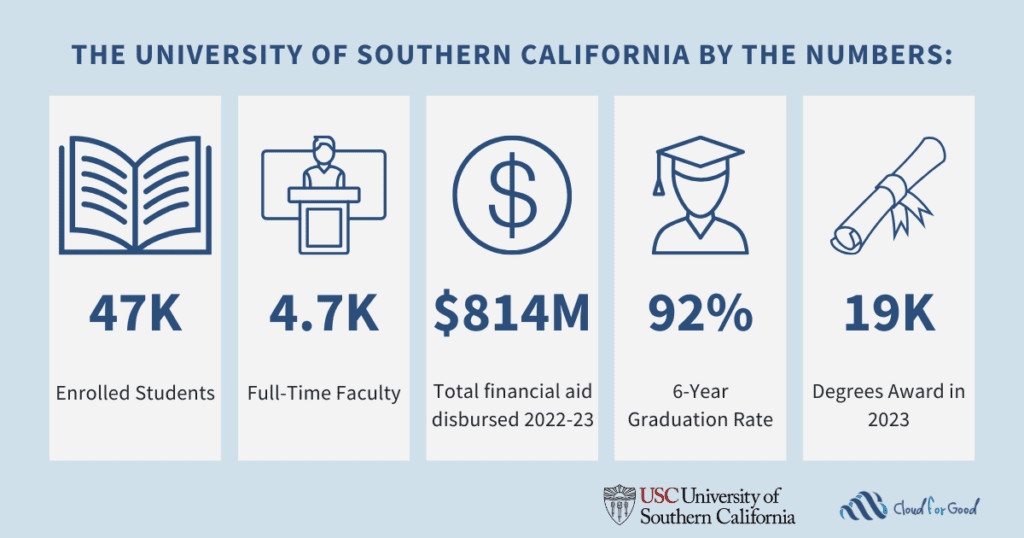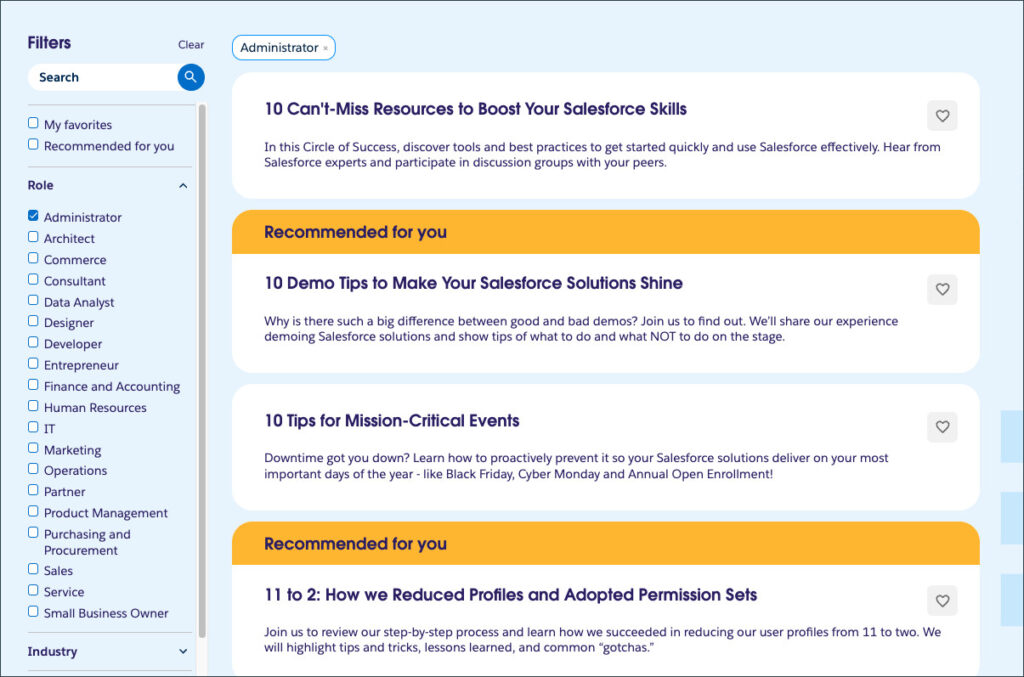AI isn’t coming — it’s here. And it’s transforming how businesses make decisions, act on insights, and serve customers. The challenge isn’t whether to adopt AI, but how to do it without starting over. Too often, companies are told that succeeding with AI means ripping and replacing everything: new platforms, new data architectures, new dashboards. That narrative is not only flawed — it’s a step backward.
At Tableau, we see a better path forward. The era of the agentic enterprise — where AI-powered agents proactively deliver insights and drive decisions — is upon us. And the fastest way to unlock its value isn’t by abandoning your existing analytics investments. It’s by building on them.
The era of the agentic enterprise
The agentic enterprise is about more than AI. It’s about AI that acts: surfacing the right insights at the right time, helping teams make smarter decisions, and automating tasks with purpose. In this world, speed and agility aren’t optional — they’re table stakes.
However, achieving this requires more than just tools. It requires a foundation: trusted data, consistent metrics, and systems that can communicate seamlessly. Without this foundation, AI can produce answers — but not actionable insights.
That’s where Tableau comes in. We’re enabling enterprises to harness agentic capabilities by connecting what already works in their data and analytics ecosystem to the AI-powered experiences of tomorrow.

Why rip-and-replace isn’t the answer
Many companies fall into the trap of believing AI success requires a full overhaul. Closed ecosystems promise innovation, but at a cost: vendor lock-in, redundant data copies, and disruption to workflows.
The reality is different. Open, interoperable analytics unlocks AI value faster, reduces risk, and preserves the investments your teams have already made. It’s not just a technical choice — it’s a strategic one. Open architectures let your enterprise scale AI adoption while maintaining control, flexibility, and ROI.
Closed AI platforms force lock-in. Open architectures accelerate value — letting your teams build on what already works.
What analytics interoperability means
Analytics interoperability is the ability for different systems to talk to each other — to share data and insights seamlessly, without friction. In practical terms, it ensures that AI agents can access the right data at the right time, regardless of where it lives.
Within the Tableau ecosystem, this isn’t a buzzword. It’s a reality. Tableau Cloud, Tableau Server, CRM Analytics, and Tableau Next are designed to work together, creating a cohesive environment where insights, data, and actions flow naturally. For enterprise leaders, that means faster adoption, reduced risk, and measurable ROI.

The Tableau advantage: Open data layer + semantic layer
Tableau delivers interoperability through two foundational capabilities.
Open data layer
The open data layer acts as a single pane of glass for all your data. With a zero-copy architecture, you can query data directly where it lives — whether that’s Snowflake, Databricks, or AWS — without creating and managing costly, redundant copies. This approach unifies your analytics while preserving your existing investments and reducing complexity.
Tableau Semantics
The AI-powered semantic layer adds context to your data. It’s the who, what, and why behind your numbers, ensuring consistent metrics and definitions across the business. With Tableau Semantics, your AI agents have the context they need to deliver insights that are not only accurate, but actionable.
AI can give numbers — but only context gives meaning. That’s what Tableau Semantics delivers.
These capabilities together create a foundation where agentic AI can thrive without forcing a rebuild of your analytics stack.
Real-world benefits of interoperability
Open and connected analytics unlock three core benefits for enterprise leaders:
1. Amplify existing work to accelerate ROI
Your dashboards, reports, and data models represent years of work. With Tableau Next, you don’t have to start over. You can enhance your existing Tableau Cloud, Tableau Server, and CRM Analytics assets with agentic capabilities, using what you’ve already built as a trusted foundation. This approach accelerates ROI, allowing your teams to realize value faster.
2. Build trust in AI instantly
Trust is the cornerstone of AI adoption. Without consistent, governed data, AI agents can provide answers — but they can’t explain what those numbers mean. Tableau Semantics ensures your AI agents operate on business context from day one, delivering insights that are reliable, accurate, and relevant.
3. Move from data to decisions faster
The ultimate goal of analytics is to drive action. Interoperable systems ensure that insights flow seamlessly into your workflows — whether that’s CRM dashboards, Slack notifications, or Tableau visualizations. By connecting data, insights, and actions, enterprises can turn a slow, multi-step process into a single, cohesive moment of truth, empowering faster, more confident decisions.
Examples in practice
CRM Analytics datasets can be output to Data 360 to power conversational AI in Tableau Next, turning structured data into actionable insights:

Tableau Cloud Published Data Sources can be connected to Tableau Semantics, leveraging trusted business logic to create new agentic experiences — without migrating data:

Why analytics interoperability matters now
In today’s world, speed and agility are critical. Enterprises that cling to outdated strategies risk falling behind, while those that embrace interoperability accelerate AI adoption and ROI. By building on the analytics you already trust, you avoid unnecessary disruption, safeguard investments, and create a scalable path toward the agentic enterprise.
Your enterprise’s next chapter isn’t about replacing the past — it’s about connecting it to the future.
The path forward
Tableau’s approach to interoperability isn’t just about integrating products — it’s about creating a trusted, connected foundation for AI. It allows enterprises to:
- Get more value from existing investments
- Build AI that understands your business context
- Make faster, more informed decisions
We’re helping enterprises move from theory to practice, from data to action, and from insight to impact.
Learn more and take action
Your next step toward the agentic enterprise starts with what you already have — a foundation of trusted data, analytics assets, and workflows.
- Discover Tableau Next and unlock agentic analytics on your existing data.
- Explore how interoperability can enhance your analytics strategy and accelerate ROI.
- Follow Tableau for insights on the future of AI and analytics.
Watch the Tableau Keynote at #DF25
Learn more and hear from customers on this journey with us. See the Tableau keynote from Dreamforce on Salesforce+.




